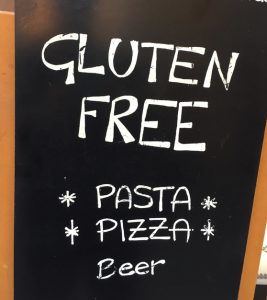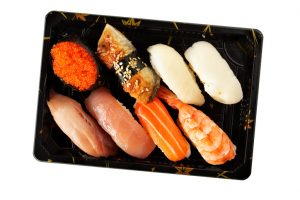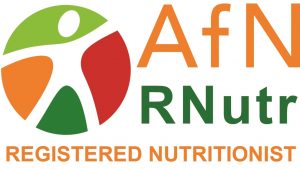The life of a business traveller with gluten intolerance is now vastly improved compared with a few years ago.
 Awareness of special dietary requirements is well established. The choice and quality of food available for those with gluten sensitivity is good, but perils still exist. Travelling away from home, working meal meetings, conferences and functions can still be hugely challenging.
Awareness of special dietary requirements is well established. The choice and quality of food available for those with gluten sensitivity is good, but perils still exist. Travelling away from home, working meal meetings, conferences and functions can still be hugely challenging.
But first:
Who Needs To Be Gluten Free?
Those with Coeliac disease. This is an auto-immune condition where the presence of gluten in the intestine causes inflammation, making the intestine unable to absorb nutrients. People with Coeliac disease need to avoid even very small amounts of gluten.
Those with Non-Coeliac Gluten Sensitivity. This has no specific diagnostic tests but people report an improvement in gastrointestinal discomfort when they follow a gluten-free diet.
What to Watch When Traveling for Work
Conferences and Functions
This can be the hardest. The conference buffet with sausage rolls, little sandwiches and biscuits are all off limits to those on a gluten-free diet. Always ask ahead if gluten-free food will be provided, but for those with Coeliac disease, it can still be risky trusting unknown food sources. Eating before the function and carrying some snacks such as dried fruit and nuts is the safest option.
Travelling

Airlines are now great at catering for special diets on long-haul flights, provided they are given advance warning.
For short haul and other modes of transport, I would advise to always bring your own food. Many sandwich outlets, such as Marks and Spencer’s, have recently extended their range of gluten-free sandwiches and wraps. The choice is decent, but the average sandwich costs about £1 more than the regular wheat bread version. Sushi rolls are available in many locations or a bean salad is sustaining and healthy. The gluten intolerant know to always check the ingredients.
Eating out
Again, much better than it used to be. Many restaurants now offer gluten-free pizza and pasta. Asian and Mexican restaurants make it easy for the gluten-free to eat from the main menu, with a little care and without drawing attention. Requesting the Tamari soy sauce in Japanese restaurants and avoiding bread crumbs and batters may be the only accommodation required.
In large, cosmopolitan cities, most cafes offer the choice of regular or gluten-free bread and almost everywhere has a gluten-free muffin. I had a great breakfast recently in Celicioso, an entirely gluten-free café on the top floor of El Cortes Ingles department store in the centre of Madrid!
Make the most of breakfast
If you have access to the breakfast buffet, a good breakfast will set you up for the day. Fruit, yoghurt, puffed rice cereal, omelette with cheese, onion etc, smoked salmon, cheese and ham slices, the selection on a breakfast buffet is great for those who have to be picky and choosey.
The choices are now good in most cafes in developed cities, but the tastiest food usually is found when you don’t have to request the gluten-free option. Special diet foods are often conceived to cover all bases. Airlines usually make the vegetarian meal vegan and although it’s great that franchises like Pret a Manger do a gluten-free oat porridge, it’s also dairy-free and vegan.
© Executive Travel Vitality 2018





























